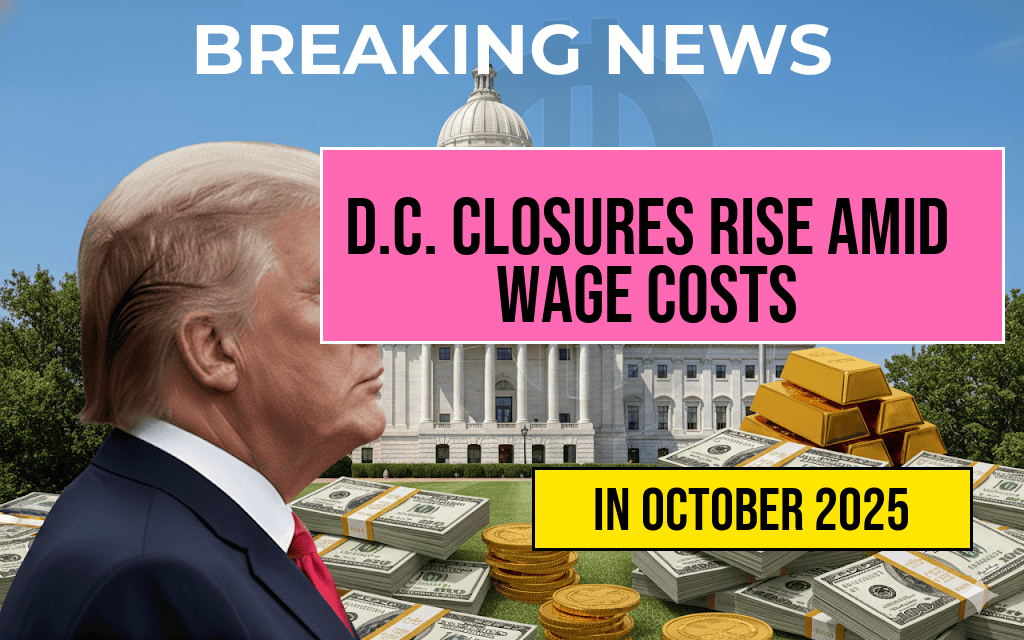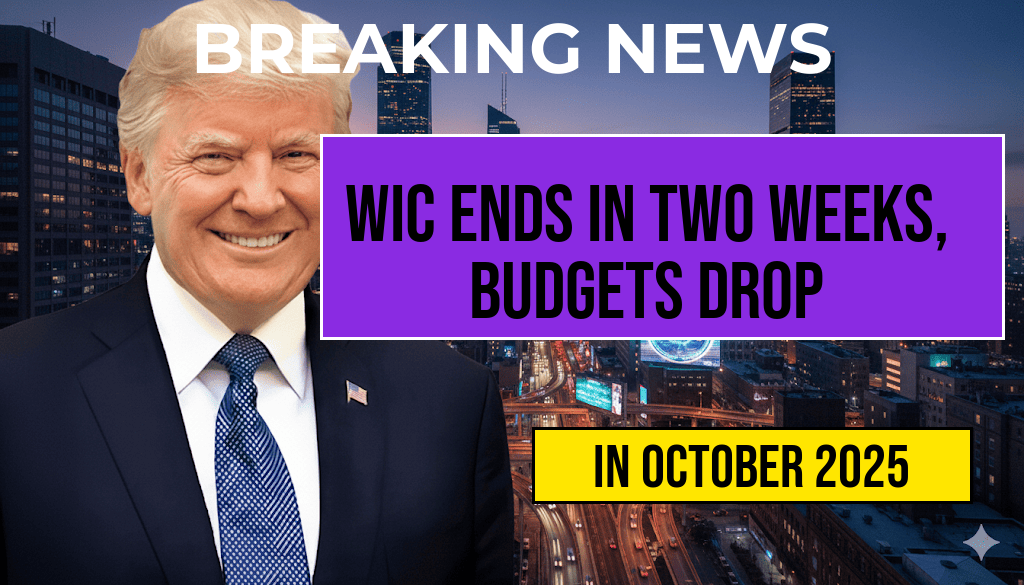Trump Signs $3.4 Trillion Mega-Bill with $4 Trillion Debt Increase, Promising No Tax on Tips
A sweeping legislative package totaling $3.4 trillion has been signed into law by former President Donald Trump amid ongoing debates over U.S. fiscal policy. The legislation, which aims to fund various government operations and initiatives through the upcoming fiscal year, is projected to increase the national debt by approximately $4 trillion. Notably, Trump emphasized that the bill would not impose taxes on tips, a move aimed at assuaging concerns from small business owners and service industry workers. The legislation’s passage marks a significant moment in the nation’s ongoing fiscal trajectory, raising questions about long-term debt sustainability and policy priorities.
The bill, passed with bipartisan support in Congress, includes provisions for defense, infrastructure, healthcare, and social programs. Despite its broad scope, critics argue that the $4 trillion increase in debt could exacerbate existing economic vulnerabilities. Supporters, however, highlight the necessity of substantial government spending to stimulate growth amid economic recovery efforts.
Key Components of the Legislation
- Defense and Security: A significant portion allocated to modernizing military capabilities and enhancing cybersecurity infrastructure.
- Infrastructure Investment: Funding for transportation projects, broadband expansion, and climate resilience initiatives.
- Healthcare Programs: Increased funding for public health, including pandemic preparedness and mental health services.
- Social Services: Support for education, housing assistance, and unemployment benefits.
Financial Implications and Debt Concerns
The bill’s estimated $4 trillion increase in national debt raises alarms among fiscal conservatives and economic analysts. The Congressional Budget Office (CBO) warns that sustained debt levels could lead to higher interest payments, crowding out private investment and potentially destabilizing financial markets. However, supporters argue that the spending is necessary to bolster economic growth and address pressing infrastructure and social needs.
| Component | Estimated Cost (in trillions) |
|---|---|
| Defense and Security | $1.2 |
| Infrastructure | $1.0 |
| Healthcare and Social Programs | $0.9 |
| Other Initiatives | $0.8 |
Tax Policy Highlights: No Tax on Tips
One of the most notable aspects of the bill is President Trump’s explicit promise that there will be no new taxes on tips. This provision aims to protect service workers and small businesses, which often rely heavily on tips for their livelihoods. Critics have argued that some parts of the legislation could lead to increased taxes or fees on small enterprises, but Trump’s assurance seeks to mitigate these concerns.
“Small businesses and hardworking Americans should not be burdened with new taxes on their tips,” Trump stated during the signing ceremony. “This bill supports our economy without punishing those who serve at the front lines.”
Political Reactions and Public Response
The legislation’s passage has sparked a range of reactions across the political spectrum. Democrats generally welcomed the bill for its investment in infrastructure and social programs, though some expressed reservations about the debt implications. Republicans praised the bill for its focus on national security and economic growth, with particular emphasis on the commitment to keep tips untaxed.
Opposition voices, including fiscal hawks and some economic analysts, caution that the burgeoning debt could have long-term consequences. They advocate for increased fiscal discipline and targeted spending rather than broad, large-scale deficits.
Broader Economic Context
The bill comes amid a post-pandemic economic recovery, with unemployment rates declining but inflationary pressures mounting. Experts suggest that such large-scale government spending could stimulate short-term growth but also risk overheating the economy if not carefully managed.
For more background on U.S. fiscal policy and debt trends, visit Wikipedia’s page on the U.S. national debt or consult analyses from Forbes for insights on economic impacts.
Next Steps and Future Outlook
While the bill’s signing marks a significant legislative milestone, its long-term effects will depend on how subsequent administrations manage debt and implement economic policies. The administration’s focus remains on balancing fiscal responsibility with the need for expansive government programs to support economic stability.
As debates continue over government spending and taxation, the promise to protect tips from taxation stands out as a key message aimed at maintaining support from service industry workers and small business owners. The coming months will reveal how policymakers navigate the delicate balance between growth objectives and fiscal sustainability.
Frequently Asked Questions
What is the total value of the mega-bill signed by President Trump?
The mega-bill signed by President Trump is valued at $3.4 trillion.
How much does the bill increase the national debt?
The bill results in a $4 trillion increase in the debt.
Does the bill include any provisions related to taxation on tips?
Yes, President Trump has promised that there will be no tax on tips included in the bill.
What are some key components or priorities of the mega-bill?
The mega-bill encompasses various measures including economic stimulus, healthcare funding, and infrastructure investments, aimed at boosting the economy.
When was the mega-bill signed into law?
President Trump signed the mega-bill into law recently, though the exact date can be found in official government releases.










